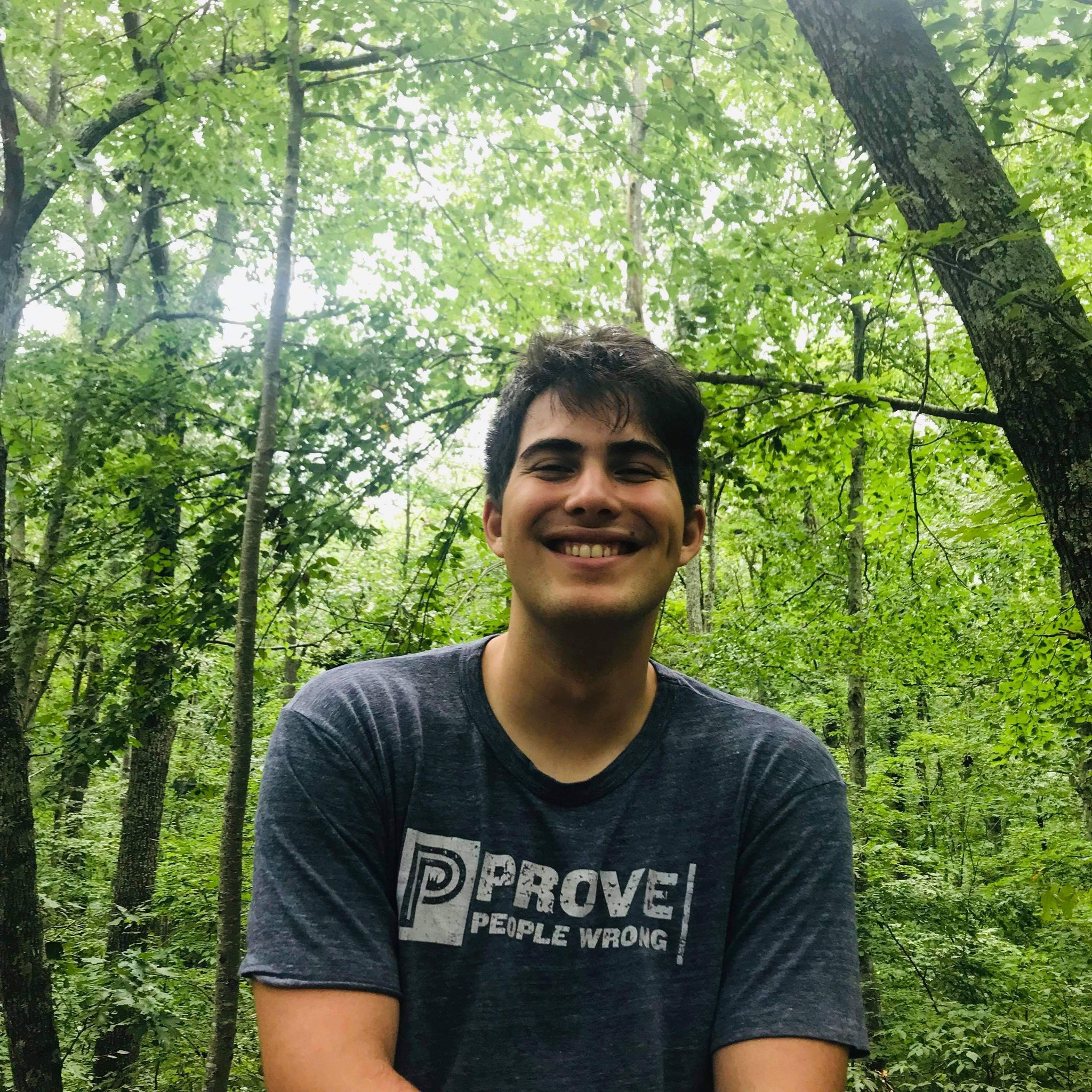Q&A with Isadore Johnson: Walking on Eggshells at the University of Connecticut
School: University of Connecticut
Major: Political Science, Economics
Minor: Communications
 Tell us about the culture of diversity and tolerance at the University of Connecticut. Does it really foster inclusivity and acceptance as it claims to?
Tell us about the culture of diversity and tolerance at the University of Connecticut. Does it really foster inclusivity and acceptance as it claims to?
Diversity, tolerance and equity (which often gets tied into discussions) exist as buzzwords on campus. Though, the understanding of diversity and tolerance is bound by doublespeak. Recently, Robin DiAngelo, a ‘scholar’ whose focus is pushing racial confession sessions to unsuspecting people has been invited to campus, and our administration regularly encourages us to see things through a very racialized perspective with varying levels of acceptance of other views.
In some ways, this makes it easier for people who’ve been marginalized to potentially speak up, considering that college has not always been a welcoming place to those who are disadvantaged. Though, I’ve also met other people who feel frustrated with how many intellectual hoops and disclaimers they have to put up to explain an unpopular opinion.
I’m not inclined to believe it promotes inclusivity or tolerance, or frankly, individualism.
You have been vocal in pushing the University of Connecticut to adopt the Chicago Principles the gold standard of free speech protections in higher education. How has that viewpoint been received on campus and why do you think your school needs to explicitly protect free speech?
There’s a major problem with opinion falsification on UConn’s campus, and I suspect many other institutions of higher education. Many people likely don’t strongly believe, or even agree, with many of the orthodoxies of the day. Talking to fellow students about affirmative action in private tends to elicit different perspectives than in public. Many are worried that they are the only one with ‘incorrect’ views on campus, and fear being punished for them. Especially with a ‘bias response team,’ we’re not encouraged to step out of line.
To be fair, some professors encourage open engagement with ideas, and some students are the ones pushing strongest, alongside administration with ‘speech codes.’ I don’t naively believe that a formal protection of speech rights is enough to create an accepting environment. Though, I do think at the least, having a strong commitment in support of freedom of expression on paper allows alumni to better hold administration responsible when they capitulate to student mobs. Making formal sanctions impossible, and discouraging trigger warnings is a first step to bringing back a culture outside of walking on eggshells.
You have written for UConn’s student newspaper, The Daily Campus. What was your experience reporting for a school-run media outlet? How is it different from your work as a campus correspondent for Campus Reform?
I mostly enjoy writing for my school’s newspaper. Having a platform to bring up some of my less unpopular views is a good way of opening up the overton window. The types of articles I write in my student newspaper are opinion pieces while Campus Reform does more reporting, albeit a little bit sensationally.
I have been frustrated that I’m regularly discouraged from putting the direct criticisms of popular ideology on campus, and have had an article of mine pulled for firing at intersectionality as a ‘leftist’ doctrine, rather than a case for liberty. While there’s some topics I’d be very uncomfortable handling in the student newspaper, I think there’s some freedom in what one can write.
As a radio station host and a coordinator for Students For Liberty, what do you tell your fellow students to convince them that free speech is still relevant and necessary in 2020?
I like to point out that the people in power are probably going to be people they dislike at some points. Do you really want to give Trump control over what you can see? Would you like discussions about the patriarchy to be viewed as hate speech and censored?
I also point out that being able to say what you believe is important to being able to thrive in a liberal society, and pushing nasty speech underground tends to make it worse and make martyrs out of idiots. It would have been really nice if Hitler wasn’t thrown in jail for hate speech laws, but instead was mocked.
Finally, I appeal to social progress. It’s clear that there’s a lot of inequities in society. Though, the people in power are likely to be the ones who control the lever on what hate speech is. The word ‘homophobe’ was made illegal in France because…. it was considered hate speech.
###
